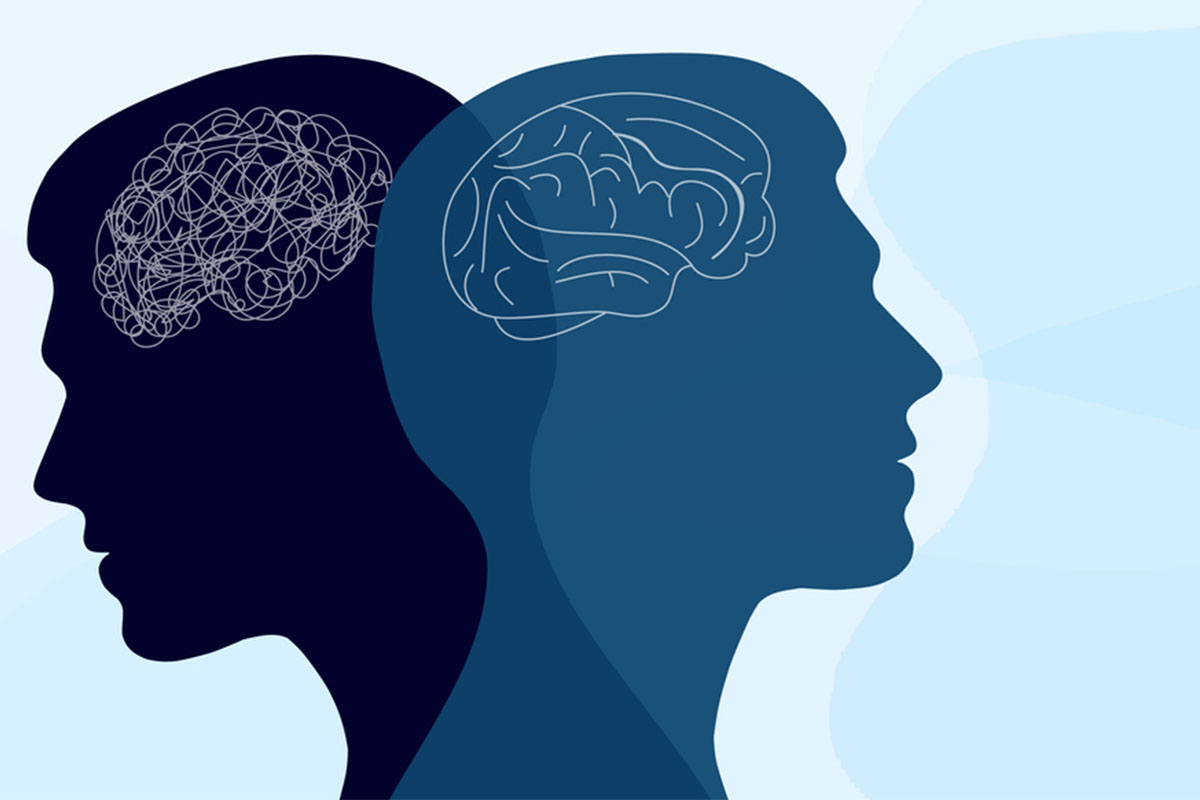
Social anxiety can be really hard to deal with and it prevents you from doing more fun things in life. It is marked by a severe dread of social situations and worry about what others think or that you will humiliate yourself. Happily, there are heaps of mental health psychology techniques and strategies to manage and reduce social anxiety.
Understanding Social Anxiety
Sad or social anxiety disorder is more than just shyness. This fear is evidenced in social and/or performance situations where the individual feels that they are going to be observed or judged. Such fear could result in avoiding social interactions, which can significantly affect not only personal but also professional life.
Cognitive-Behavioral Therapy (CBT)
Though a definitive treatment has not been developed, one of the most successful ways to treat social anxiety is through cognitive behavioral therapy (CBT). One of the most effective treatment models is CBT, which helps people identify and question irrational or maladaptive thoughts that drive their anxiety. By reversing negative beliefs and actually engaging in positive self-talk over time, people can shift how they see social events.
Meditation and Other Relaxing Practices
Being mindful means to pay attention in a particular way, without judgment. Dealing with it means managing the signs of anxiety related to hand tremor—such as deep breathing, progressive muscle relaxation and mindfulness meditation. Mindfulness aids in not getting stuck on thoughts and in increasing calm.

Social Skills Training
Social skills training may be helpful for individuals who have difficulty with social interactions. This is more of an applied method, learning practical skills by setting goals like—how to start a conversation as simple and basic as that, or maintaining eye contact, etc. These are much-needed attributes that make us presentable in front of other people. Both role-plays and therapy feedback can give people repeat practice with using good social skills while keeping them safe from potential other harms outside the session.
Gradual Exposure
Gradual exposure means the progressive and systematic exposure of a person to situations that are horrible for them in terms of social relationships. This method of reducing anxiety works by providing a way for people to face their fears in small, controlled doses. Through time, familiarity creates decreased anxiety levels and higher comfort in social exchanges.
Managing social anxiety will require partly understanding the condition through the lens of mental health psychology, applying psychological techniques such as CBT or mindfulness, and enhancing your social capabilities. It is possible to manage social anxiety and enjoy a fulfilling social life when one has been provided with effective strategies grounded in mental health psychology.








